Centuries Of Custody: The Vatican And The Fight For Indigenous Heritage
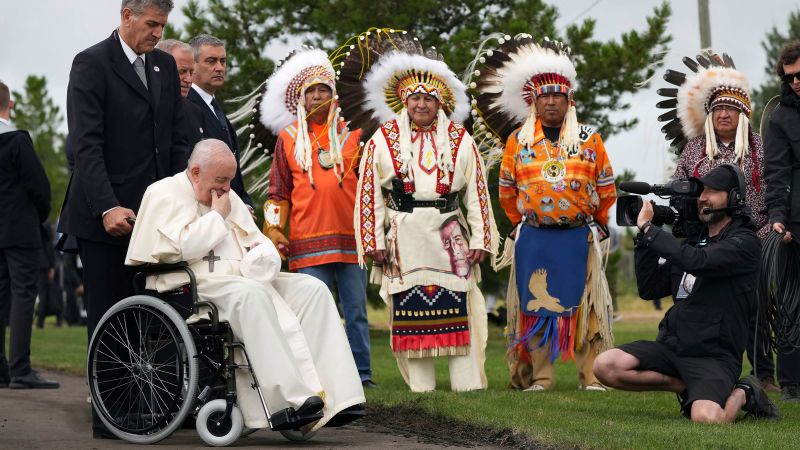
Welcome to your ultimate source for breaking news, trending updates, and in-depth stories from around the world. Whether it's politics, technology, entertainment, sports, or lifestyle, we bring you real-time updates that keep you informed and ahead of the curve.
Our team works tirelessly to ensure you never miss a moment. From the latest developments in global events to the most talked-about topics on social media, our news platform is designed to deliver accurate and timely information, all in one place.
Stay in the know and join thousands of readers who trust us for reliable, up-to-date content. Explore our expertly curated articles and dive deeper into the stories that matter to you. Visit Best Website now and be part of the conversation. Don't miss out on the headlines that shape our world!
Table of Contents
Centuries of Custody: The Vatican and the Fight for Indigenous Heritage
The Catholic Church, and specifically the Vatican, holds a vast collection of artifacts and documents relating to Indigenous cultures across the globe. These items, often sacred and culturally significant, have been amassed over centuries, raising complex questions about ownership, repatriation, and the ongoing struggle for Indigenous self-determination. The debate surrounding the Vatican’s role in preserving versus exploiting this heritage is intensifying, prompting renewed calls for the return of these culturally invaluable pieces.
This article delves into the long and often contentious history of the Vatican's relationship with Indigenous communities, examining the ethical implications of its possession of culturally significant items and the growing movement demanding their repatriation.
A Legacy of Acquisition: How the Vatican Accumulated Indigenous Artifacts
The Vatican's collection of Indigenous artifacts is not the result of a single event, but rather a complex process spanning centuries. Missionaries, explorers, and colonial powers often presented these items – from ceremonial masks and textiles to religious objects and human remains – as gifts, tributes, or the spoils of conquest. The lack of informed consent and the inherent power imbalance during these transactions are now widely recognized as unethical. The Vatican's archives also contain countless documents detailing interactions with Indigenous populations, potentially offering crucial insights into their history and cultures. However, access to these archives has historically been limited, further fueling the calls for transparency and repatriation.
The Ethical Dilemma: Preservation versus Exploitation
The Vatican argues that it acts as a custodian, preserving these artifacts for future generations. They highlight the Vatican Museums’ vast resources and expertise in conservation and preservation. However, critics counter that this preservation occurs outside the cultural context of the originating communities, diminishing their spiritual and cultural value. The very act of removing these objects from their original locations can be seen as a form of cultural violence, severing the connection between the heritage and its rightful owners. This is particularly true when considering the often exploitative context in which many of these artifacts were acquired.
The Growing Movement for Repatriation
Indigenous communities worldwide are increasingly asserting their rights to reclaim their stolen heritage. This movement is fueled by a growing awareness of historical injustices and a renewed emphasis on Indigenous self-determination. Groups such as the [link to relevant Indigenous rights organization] are actively advocating for the return of cultural artifacts held in institutions like the Vatican. They argue that repatriation is not merely about the return of physical objects, but about the restoration of cultural dignity and the healing of historical trauma.
Recent Developments and Future Prospects
Recent years have seen a growing willingness on the part of some institutions to engage in dialogue with Indigenous communities about repatriation. While the Vatican has not yet made sweeping commitments to return all Indigenous artifacts, there have been some positive signs. [Cite specific examples of recent repatriation efforts, if any, from the Vatican or other similar institutions]. However, the scale of the challenge remains immense, and the process will undoubtedly require significant time, effort, and open communication between the Vatican and affected Indigenous communities.
Conclusion: A Path Forward
The Vatican's possession of Indigenous artifacts presents a complex ethical challenge. Balancing the desire for preservation with the inherent rights of Indigenous communities to their heritage requires a commitment to transparency, dialogue, and meaningful engagement. The path forward involves not only the physical return of artifacts but also a deeper acknowledgement of historical injustices and a commitment to supporting Indigenous self-determination and cultural revitalization. The ongoing conversation surrounding repatriation is crucial for fostering mutual respect and achieving a more just and equitable future. Further research and open discussion are vital to finding solutions that respect the cultural rights and heritage of Indigenous peoples worldwide.

Thank you for visiting our website, your trusted source for the latest updates and in-depth coverage on Centuries Of Custody: The Vatican And The Fight For Indigenous Heritage. We're committed to keeping you informed with timely and accurate information to meet your curiosity and needs.
If you have any questions, suggestions, or feedback, we'd love to hear from you. Your insights are valuable to us and help us improve to serve you better. Feel free to reach out through our contact page.
Don't forget to bookmark our website and check back regularly for the latest headlines and trending topics. See you next time, and thank you for being part of our growing community!
Featured Posts
-
 Knicks Rising Star Power Can New York Win An Nba Championship
May 30, 2025
Knicks Rising Star Power Can New York Win An Nba Championship
May 30, 2025 -
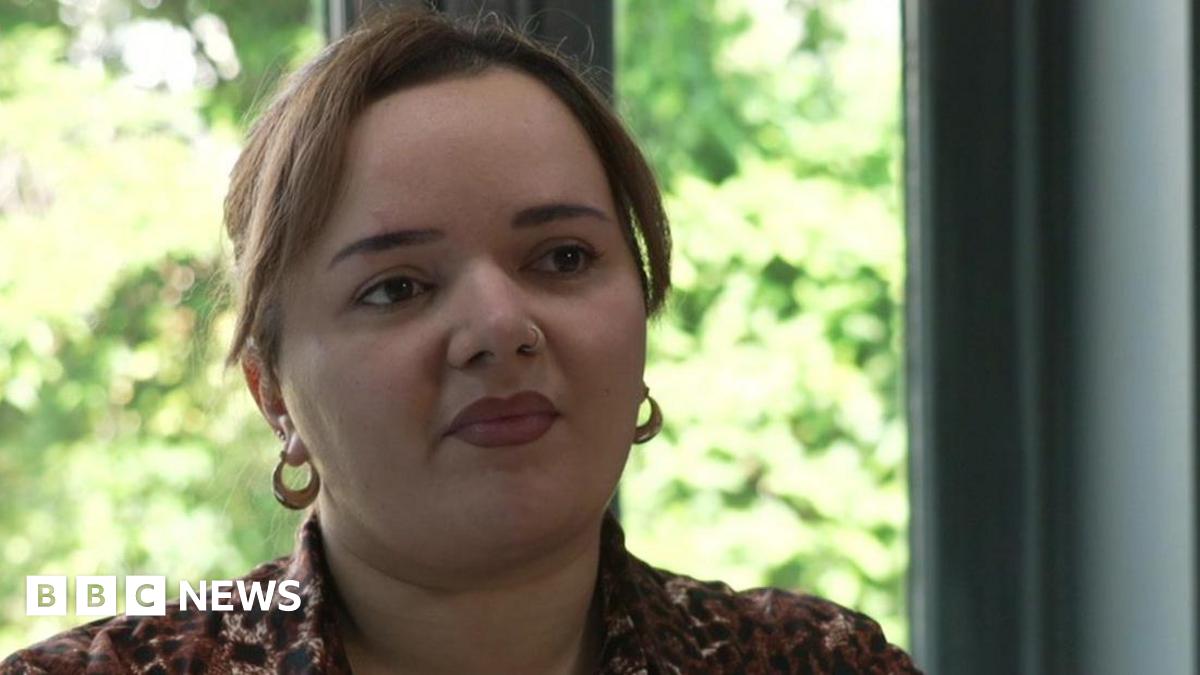 Met Police Reinstatement Leads To Call Handlers Resignation
May 30, 2025
Met Police Reinstatement Leads To Call Handlers Resignation
May 30, 2025 -
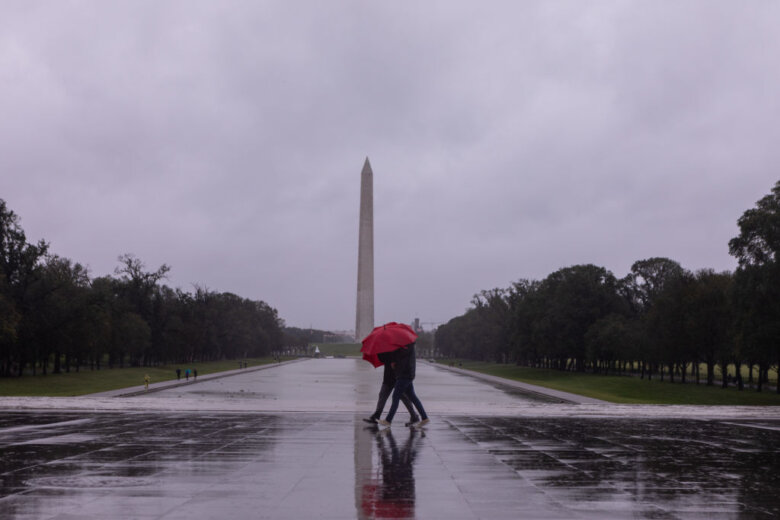 Dc Area Faces Soggy Start Wet Wednesday And Rainy Forecast
May 30, 2025
Dc Area Faces Soggy Start Wet Wednesday And Rainy Forecast
May 30, 2025 -
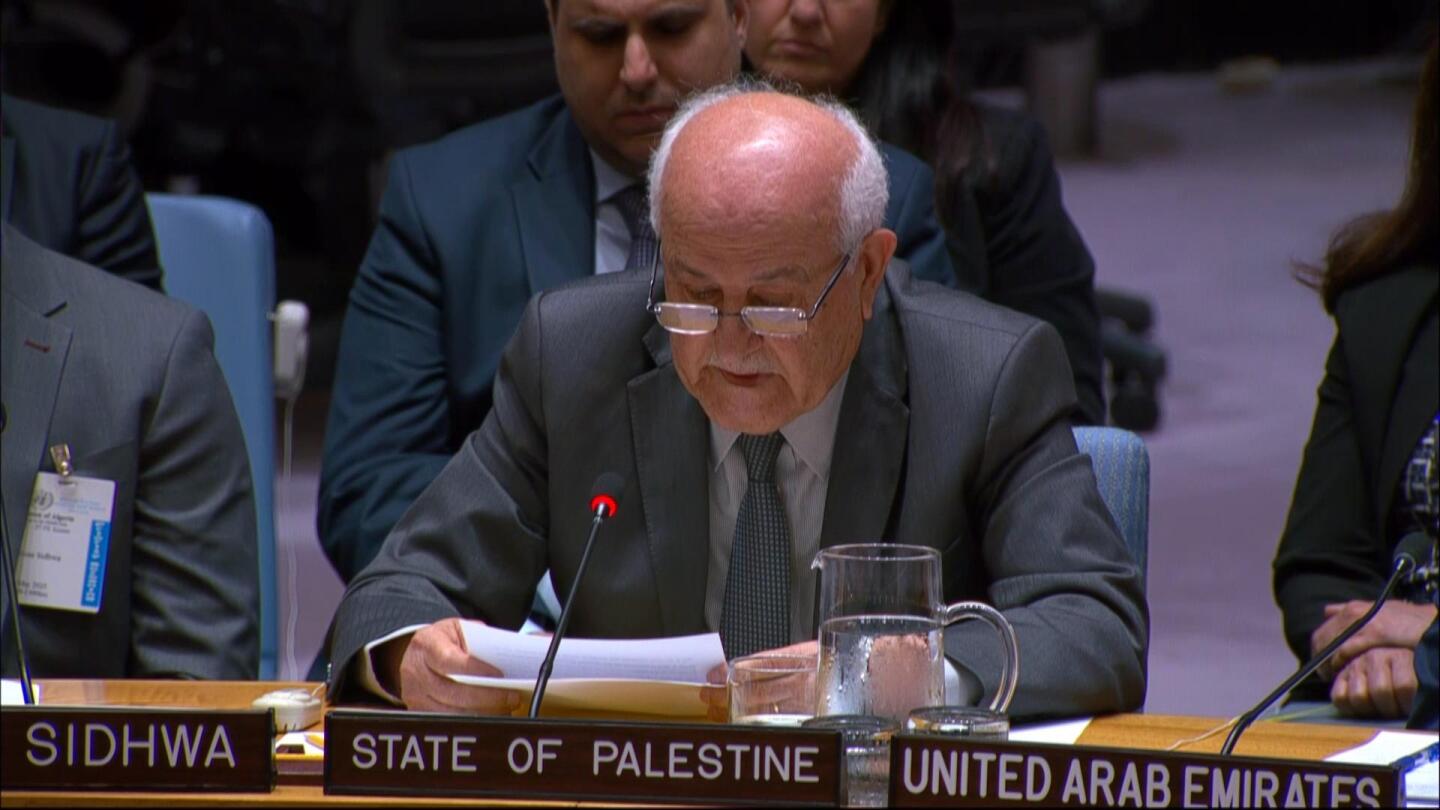 Palestinian Child Casualties Soar To 1300 Ambassadors Emotional Appeal
May 30, 2025
Palestinian Child Casualties Soar To 1300 Ambassadors Emotional Appeal
May 30, 2025 -
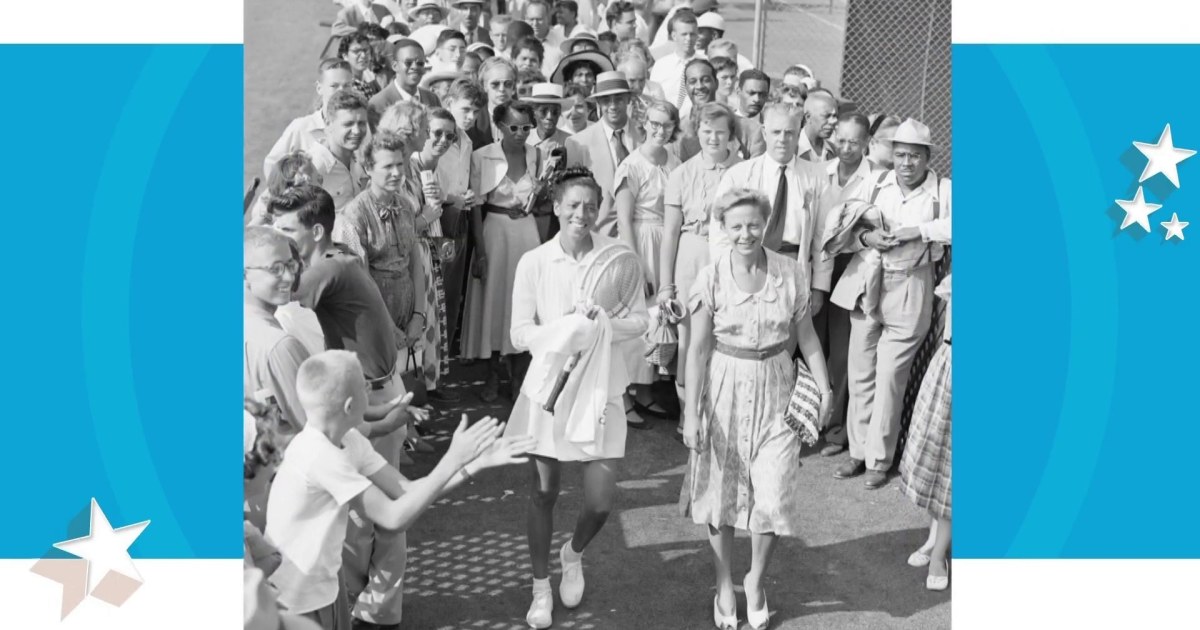 Althea Gibson Us Open 2025 Theme Honors Tennis Pioneer
May 30, 2025
Althea Gibson Us Open 2025 Theme Honors Tennis Pioneer
May 30, 2025
Latest Posts
-
 Who Will Win Zverev Vs Cobolli And Griekspoor Vs Quinn At Roland Garros
Jun 01, 2025
Who Will Win Zverev Vs Cobolli And Griekspoor Vs Quinn At Roland Garros
Jun 01, 2025 -
 Day 7 Game Analysis Settle In With Popcorn And The Highlights
Jun 01, 2025
Day 7 Game Analysis Settle In With Popcorn And The Highlights
Jun 01, 2025 -
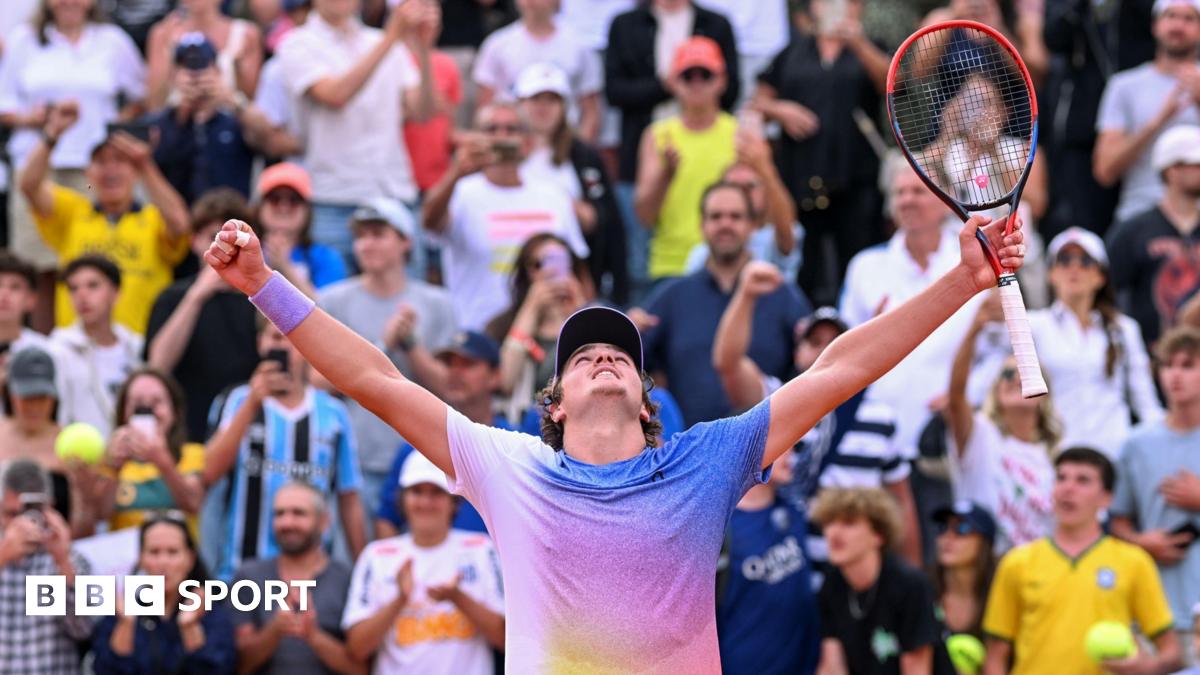 French Open 2025 Fonseca Aims To Topple Draper In Paris
Jun 01, 2025
French Open 2025 Fonseca Aims To Topple Draper In Paris
Jun 01, 2025 -
 Tennis Star Sloane Stephens On Arm Pain Exhaustion And The Jell O Arms Struggle
Jun 01, 2025
Tennis Star Sloane Stephens On Arm Pain Exhaustion And The Jell O Arms Struggle
Jun 01, 2025 -
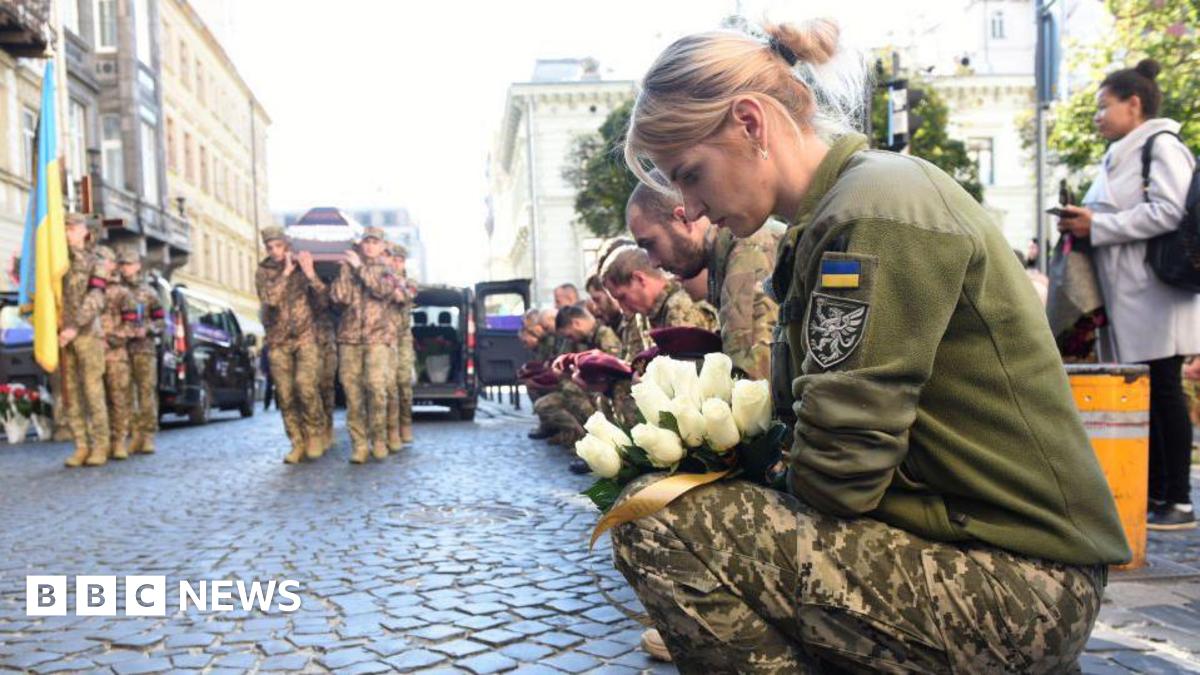 The Wests Unwitting Role In Financing Russias Invasion Of Ukraine
Jun 01, 2025
The Wests Unwitting Role In Financing Russias Invasion Of Ukraine
Jun 01, 2025
